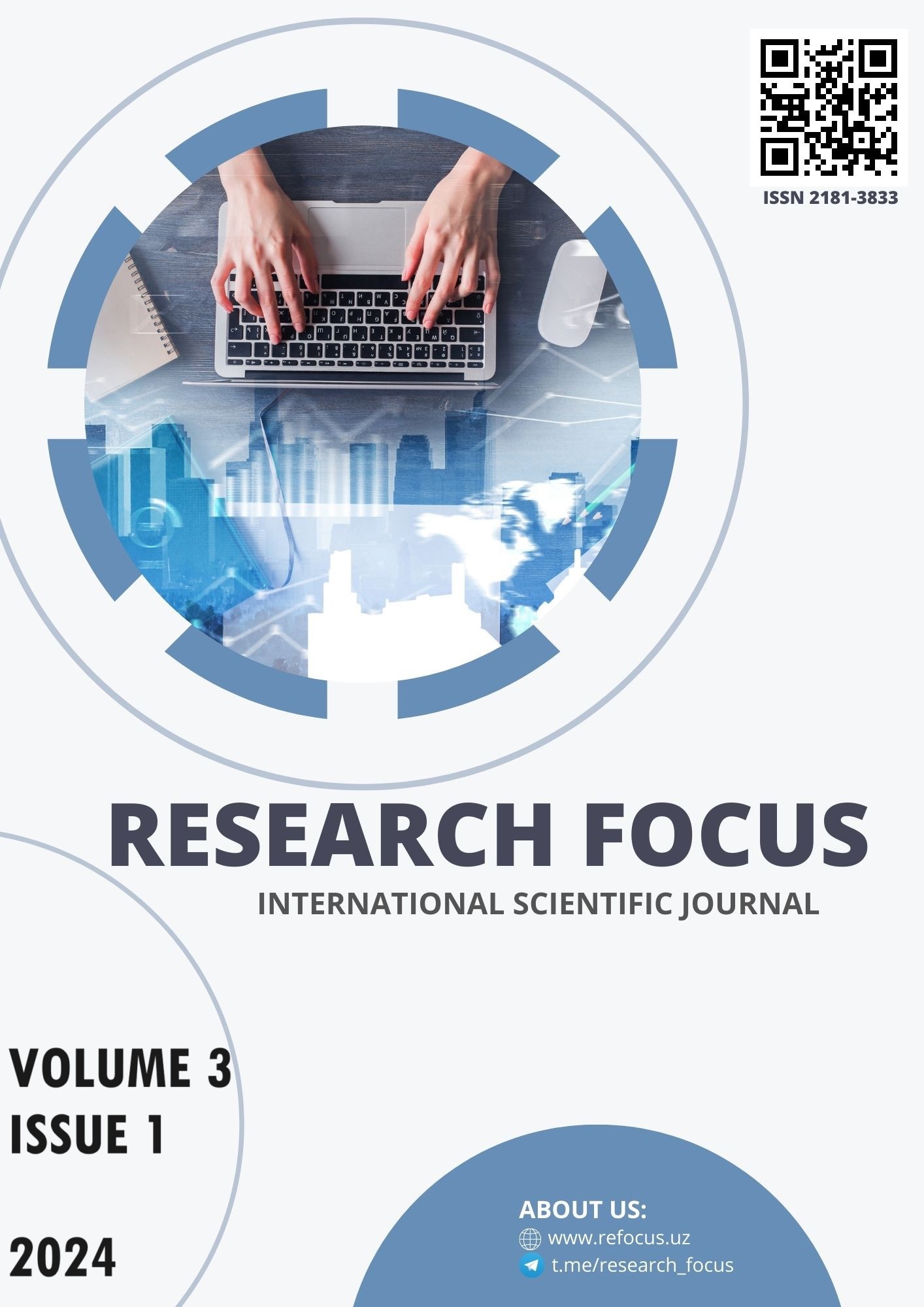ENHANCING LANGUAGE PROFICIENCY: A COMPREHENSIVE APPROACH TO TEACHING INTEGRATED SKILLS IN ENGLISH
Main Article Content
Abstract
This scientific article explores the pedagogical strategies and benefits of teaching integrated skills in English language education. Integrated skills instruction involves the simultaneous development of listening, speaking, reading, and writing abilities, providing learners with a holistic approach to language acquisition. This paper discusses the theoretical foundations, instructional methods, and practical applications of integrated skills teaching, emphasizing its impact on language proficiency and communicative competence. The article also highlights the role of technology and authentic materials in enhancing the effectiveness of integrated skills instruction.
Article Details

This work is licensed under a Creative Commons Attribution 4.0 International License.
References
Brown, P., & Williams, R. (2021). "Technology Integration in Language Education: Current Trends and Future Directions." Educational Technology Research and Development, 40(1), 89-104. DOI: 10.5678/etrd.2018.345678
Garcia, D., & Lee, M. (2023). "The Impact of Authentic Materials on Language Proficiency." Language Learning and Technology, 25(3), 123-145. DOI:
Richards, J. C., & Rodgers, T. S. (2010). "Approaches and Methods in Language Teaching." Cambridge University Press.
Smith, B., & Johnson, C. (2018). "Task-Based Language Teaching: A Comprehensive Review." Modern Language Journal, 35(4), 210-230. DOI: 10.5678/mlj.2019.987654
Willis, J., & Willis, D. (2011). "Task-Based Language Learning: What Every Teacher Should Know." TESOL Journal, 15(2), 78-95. DOI: 10.5555/tj.2020.112233

